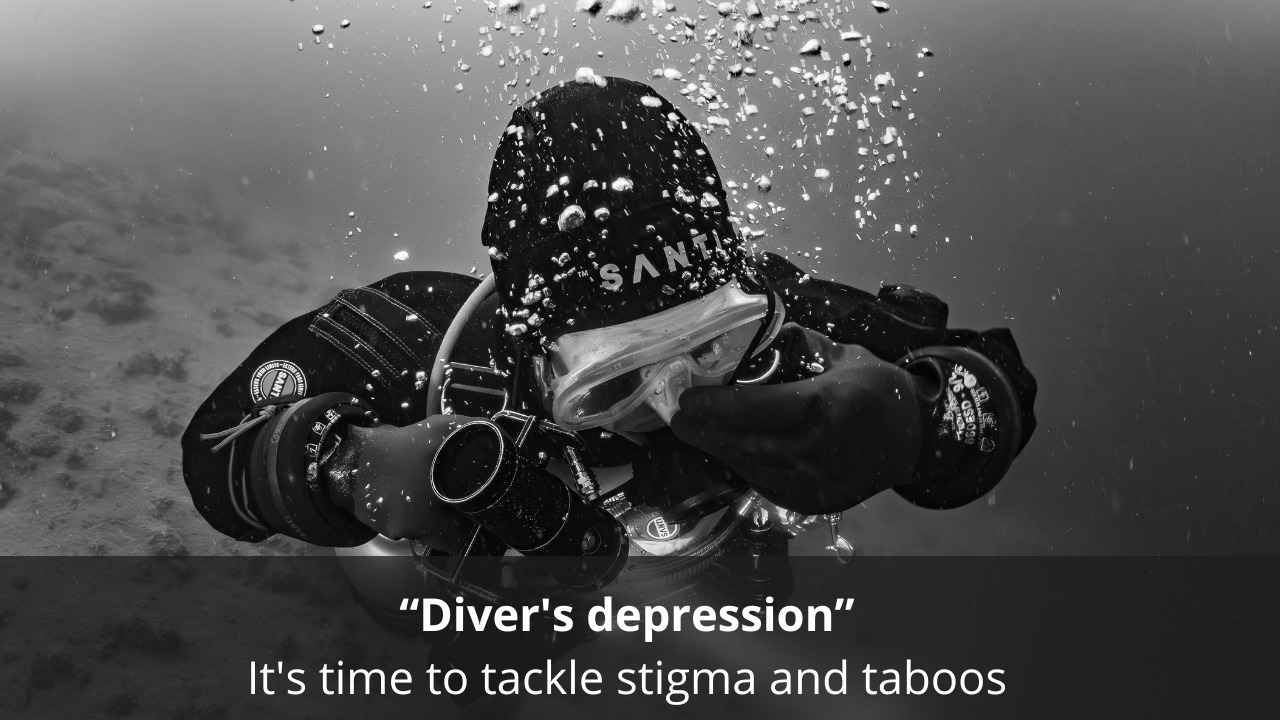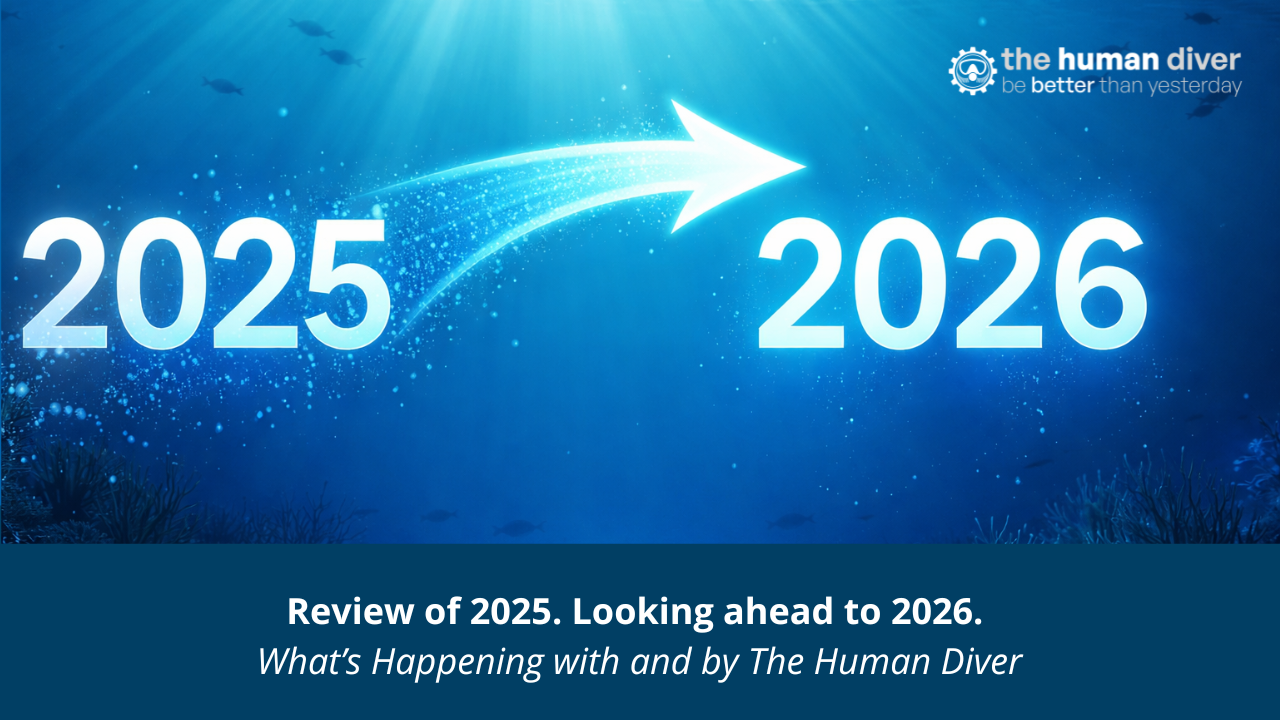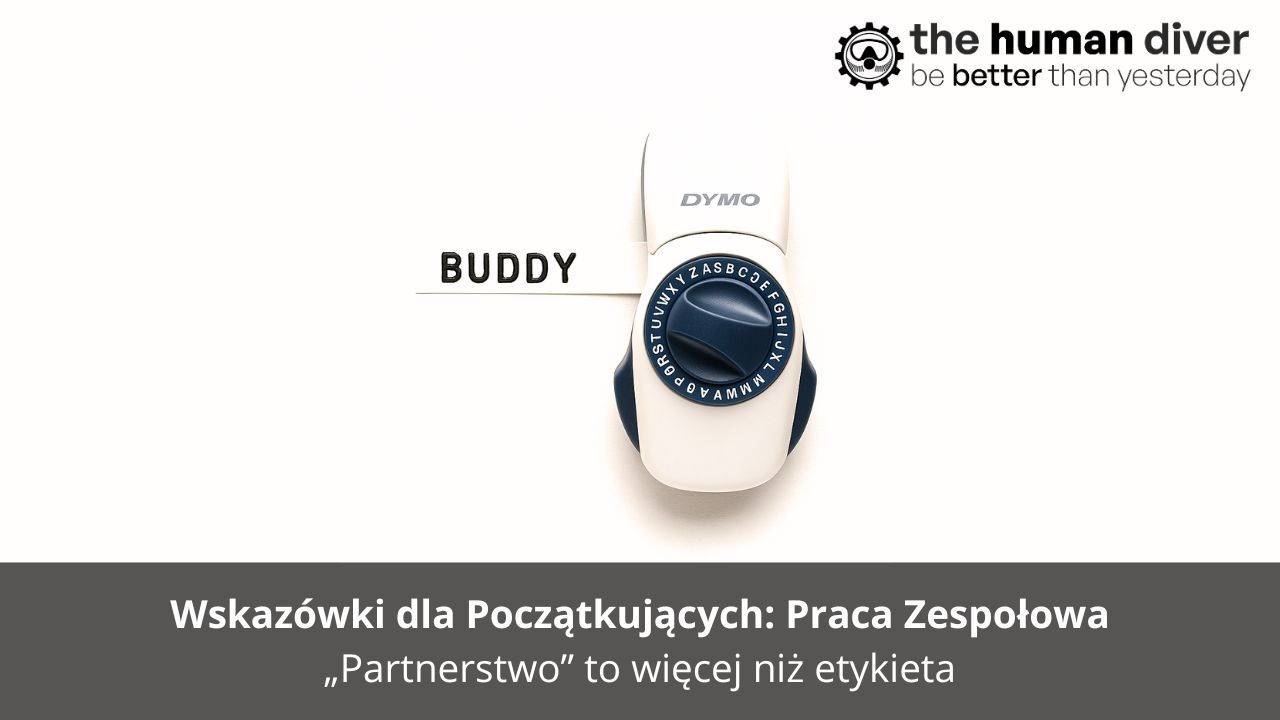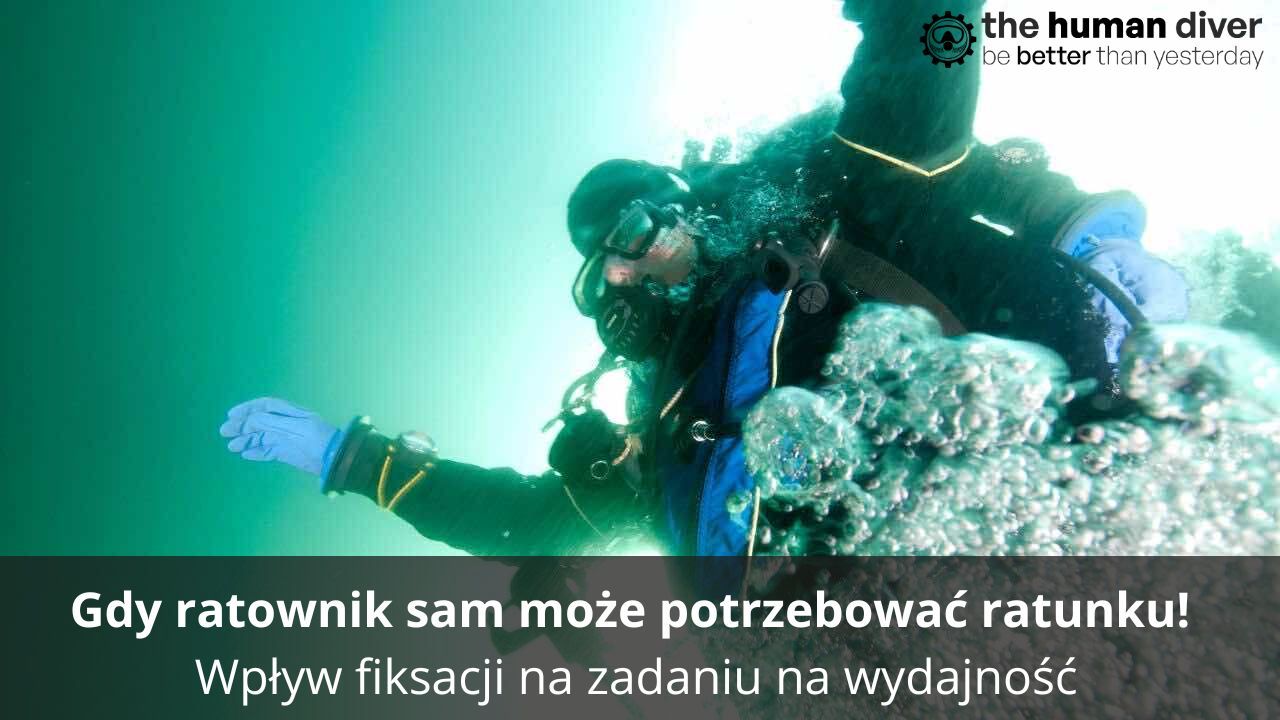
My Attitude Impacts Your Behaviour...
Sep 17, 2023Quite a bold statement but here's why...and its known as the Betari Box.

The Betari Box model illustrates how our own attitudes and behaviours are affected by other people and how that goes on to affect other peoples’ attitudes and behaviours. If those attitudes and behaviours are negative then the situation may well start to spiral downhill quite quickly; I’ll describe this a few times in this blog as a Negative Betari Box cycle. By consciously choosing a positive attitude, we can affect situations for the better. As I’ll discuss later on, this might not be easy but it can be done!
Why is this concept relevant to diving?
Let us consider the following three situations:
Situation 1:
You’re leading a fun dive with friends but you’ve had an argument with your partner that morning and aren’t feeling particularly happy. You get to the local shore dive site in time for high tide and meet your buddy who, in contrast, is very excited to get in the water and test their new camera. As you’re already in a bad mood you don’t show much enthusiasm for photography and, as a result, your buddy leaves you alone while you’re both getting your gear ready. You notice your buddy doesn’t seem very interested in talking so you don’t bother with a thorough pre-dive brief and just get in the water. During the dive, you observe that your buddy still isn’t paying you much attention so you start to move further away, doing your own thing as they keep stopping to take pictures. The tide turns, visibility gets worse and by the time you’ve noticed, your buddy is lost in the gloom and you end up ascending early.

Photo by All Angle Photo
Situation 2:
You’re an instructor teaching an open water class and have told your 4 students to be at the shop at 8am sharp. It gets to 8.30 and only 3 of them have arrived. The missing student hasn’t responded to texts or calls and your frustration is building. You’re about to start with just the 3 when the last student finally arrives. They are visibly stressed from being late but you aren’t interested in their excuses and simply glare at them as they sit down at the table. As the day progresses, time pressure and frustration continue to build and your dialogue with the students becomes more and more tense. The students feel this tension and don’t want to ask questions when they don’t understand how to do a drill that you explained too quickly. During the drill, a student makes a mistake which frustrates you even more, leading to you snapping at them about what they did wrong. The student doesn’t come back the next day and never wants to dive again.
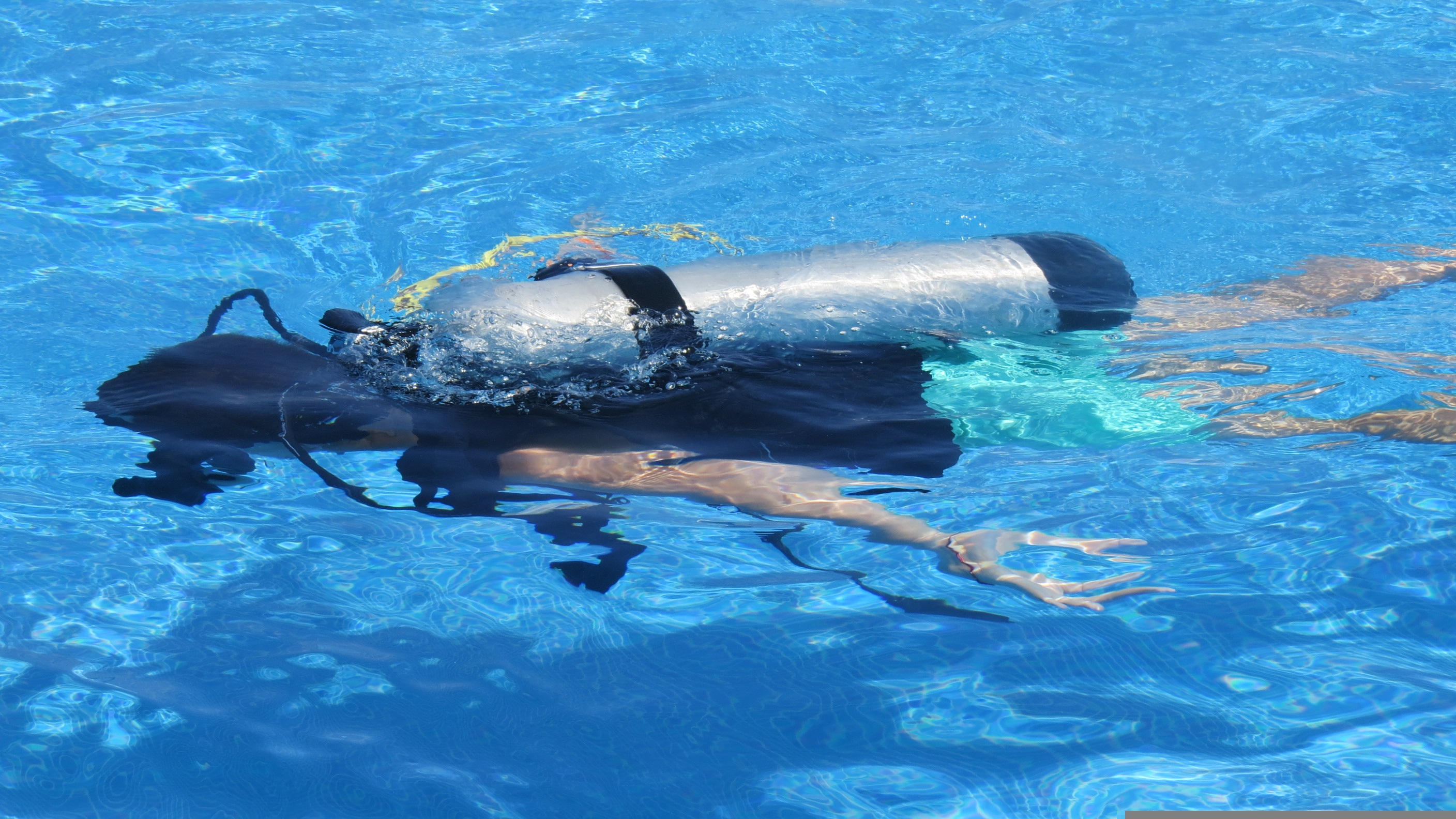
Situation 3:
You’re doing a technical dive with several cylinders, exploring a new wreck with a regular buddy. As you’ve dived together uneventfully many times before, it’s become normal behaviour to not check your buddy’s gas plan and for them to not check yours. Upon arrival at the dive site, it becomes apparent that one of your cylinders has leaked and is now only half full. The conditions are perfect, you’re both keen to explore the wreck and you won’t get chance to do this again for ages so you take the risk that everything will be fine and you can gas share if needed. The dive starts uneventfully and you enter the wreck and start to explore. As is normal, you don’t lay any line and your buddy doesn’t seem to mind. You progress into the wreck and reach a dead end. Upon turning around you discover the visibility is markedly reduced resulting in a much longer than planned exit. By the time you get out, your decompression burden is much higher than usual and you’re low on gas. During the ascent, you run out, gas share and end up emptying your buddy’s tanks too just as you surface.

Photo by Pedro PP Cunha
At the start of this blog, I talked about consciously choosing a positive attitude and that this might not be easy. Humans are emotional creatures and, as such, it is hard to just stop being upset or frustrated or, as per situation 3, suddenly change our normal/efficient (but potentially complacent) behaviours and thus break out of a Negative Betari Box cycle.
So how can we fix situations like this?
Here are a few things to try:
Internally, when a situation starts to develop that resembles a Negative Betari Box, take a moment and ask yourself questions: What can I do to help? How am I affecting this person or situation? What am I contributing to this? What can or should I change? As an aside, during my professional career, the most inspirational people I have worked with are those who have demonstrated humility by reflecting on their own behaviour or errors and then spoken up about what they need to do to change and improve.
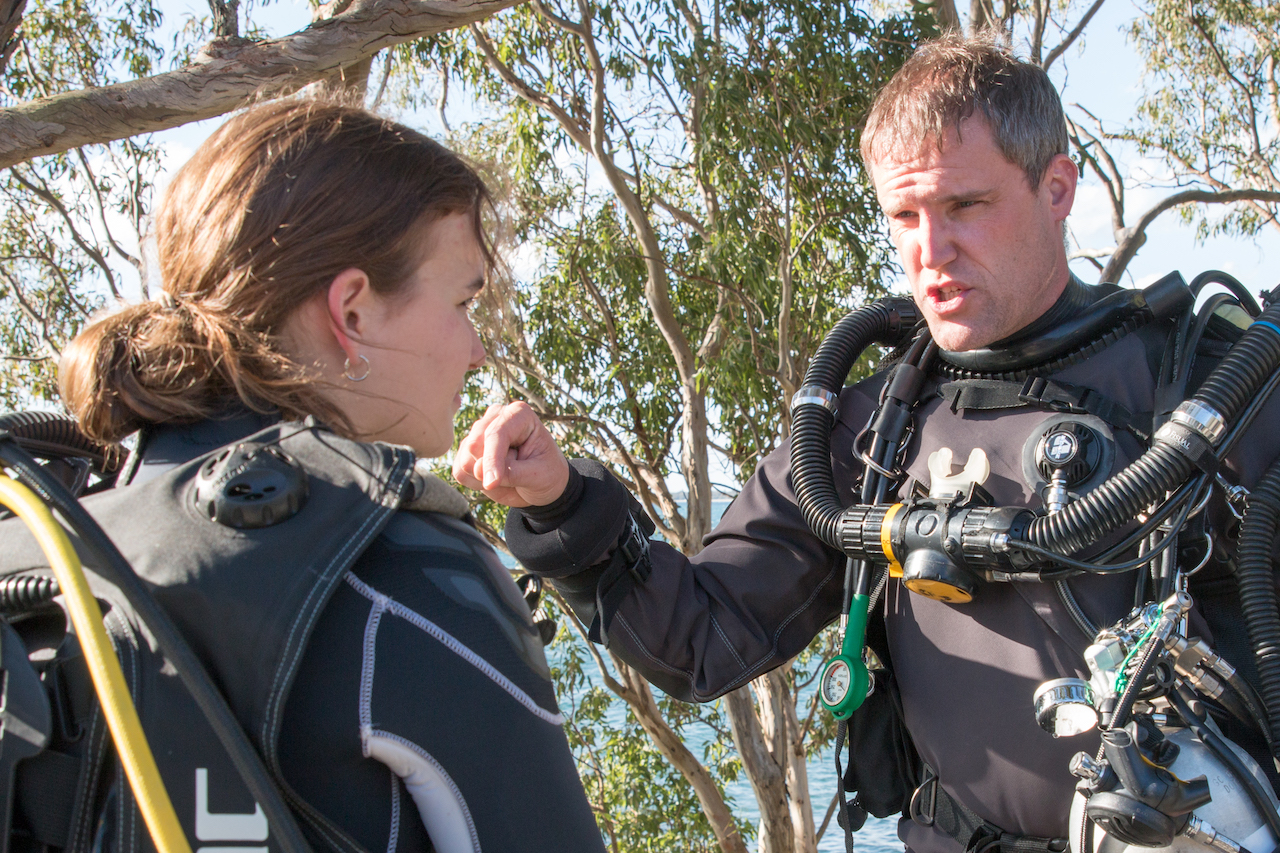
Externally, ask questions of others. The Healthcare world have developed an acronym called HALT (Hungry, Angry, Lonely, Tired) and, at the start of a shift, the leader asks the team if anyone has had a HALT moment. The idea is not to catch people out but to highlight if someone may be closer to their stress threshold than they perhaps would be normally. HALT is a great enabler for people to raise issues and can easily be used in diving at the start of the plan or brief.
Teamwork is about mutual accountability
To help combat potential complacency in a Betari Box cycle, it is important to develop and maintain standards/procedures/checks etc. By having such things established in the first place, it makes it easier to hold each other to account when they are not adhered to. Accountability isn’t about making other people look stupid, it’s about making sure you all stay safe underwater.
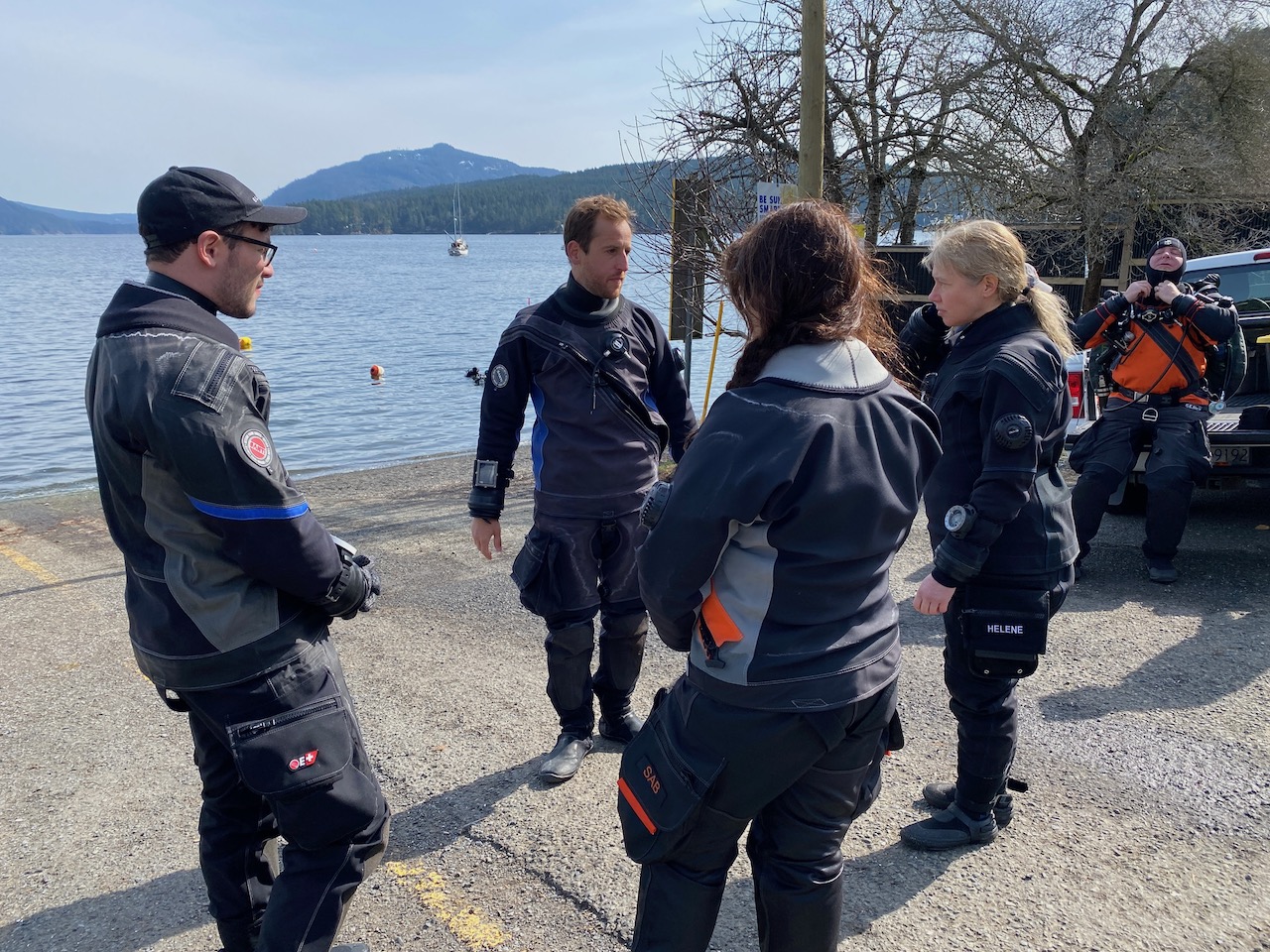
By considering The Betari Box model, we can remind ourselves to consciously choose a different response or make a different decision when we are being negatively influenced by someone else’s behaviour, whether that behaviour involves bad moods, short tempers or even potential complacency. This can improve our own attitude which in turn will improve our behaviour and go on in turn to positively influence others around us.
In diving, it is the dive masters, dive leaders and instructors who are in a far more powerful position than the students or followers to affect change in this way. So, if you are in a position of authority, consider and try to constantly reflect on how your behaviour is affecting the situation.
Be the diver you would want to follow.

Mike spent 20 years in the Royal Air Force, most of it flying on frontline squadrons. He now works as a flying instructor in the Royal Australian Air Force teaching young pilots to fly fighters. As well as being an accomplished instructor, he is an experienced flying supervisor and holder of a commercial pilot’s licence.
He has been an active diver since 2015 and has around 300 dives in his logbook from as far north as Iceland and as far south as New Zealand. He works part-time as a Dive Master and is also an active CCR diver. Wrecks interest him the most but he gets just as much satisfaction taking groups to see Grey Nurse Sharks at his local dive sites.
If you'd like to deepen your diving experience, consider taking the online introduction course which will change your attitude towards diving because safety is your perception, visit the website
Want to learn more about this article or have questions? Contact us.

